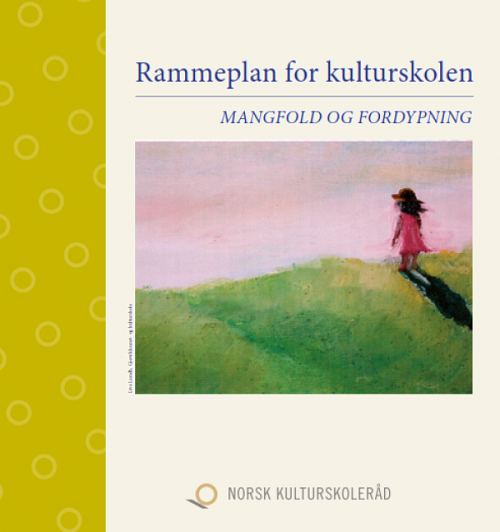Musikalsk kompetanse som “mangfold og fordypning”. Kunnskapsdiskurser i Rammeplan for kulturskolen.
DOI:
https://doi.org/10.7577/information.v6i1.2542Abstract
Founded on the principle of equality of opportunity, the Norwegian municipal Schools of Music and Performing Arts (SMPA) aim to provide quality music and art programmes for all children and youth who wish to attend. A new Curriculum Framework for the SMPAs has been developed (Kulturskolerådet, 2016) to facilitate broad participation and a diversity of artistic expressions even while securing educational ‘standards’ related to learning outcomes and knowledge acquisition. In this article, a discourse analytical framework is applied to investigate how knowledge and learning outcomes in music are constructed and represented in the curriculum, as well as the discourses through which these representations are made possible. The comprehensive and elaborate hierarchy of intents and purposes, aims and learning objectives offered in the curriculum is subjected to close study and analysis, with special attention directed towards the discursive formation of musical knowledge and competence in the SMPA subject discipline Music. The article identifies and discusses four areas of discursive tension and negotiation related to the construction of musical competence conceptualised as: 1) Expressive culture and aesthetic interest, 2) Specialised musicianship and general self-development, 3) Diversity and/or deeper understanding, and 4) Active participation and entrepreneurship.

Downloads
Published
How to Cite
Issue
Section
License
Authors who publish with this journal agree to the following terms:
- Authors retain copyright and grant the journal right of first publication with the work simultaneously licensed under a Creative Commons Attribution License that allows others to share the work with an acknowledgement of the work's authorship and initial publication in this journal.
- Authors are able to enter into separate, additional contractual arrangements for the non-exclusive distribution of the journal's published version of the work (e.g., post it to an institutional repository or publish it in a book), with an acknowledgement of its initial publication in this journal.
- Authors are permitted and encouraged to post their work online (e.g., in institutional repositories or on their website) prior to and during the submission process, as it can lead to productive exchanges, as well as earlier and greater citation of published work (See The Effect of Open Access).